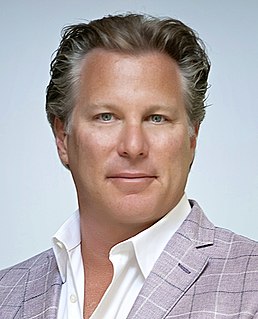A Quote by Alex Pareene
For CNBC, and for Wall Street, billion-dollar fines for violations of the law are just part of the price of doing business, along with litigation costs and 'compliance.'
Quote Topics
Related Quotes
Wall Street can be a dangerous place for investors. You have no choice but to do business there, but you must always be on your guard. The standard behavior of Wall Streeters is to pursue maximization of self-interest; the orientation is usually short term. This must be acknowledged, accepted, and dealt with. If you transact business with Wall Street with these caveats in mind, you can prosper. If you depend on Wall Street to help you, investment success may remain elusive.
We believe that part of the answer lies in pricing energy on the basis of its full costs to society. One reason we use energy so lavishly today is that the price of energy does not include all of the social costs of producing it. The costs incurred in protecting the environment and the health and safety of workers, for example, are part of the real costs of producing energy-but they are not now all included in the price of the product.
We've got the emPHAsis on the wrong sylLAble when it comes to crime in this country. The FBI says burglary and robbery cost U.S. taxpayers $3.8 billion annually. Securities fraud alone costs four times that. And securities fraud is nothing to the cost of oil spills, price-fixing, and dangerous or defective products. Fraud by health-care corporations alone costs us between $100 billion and $400 billion a year. No three-strikes-and-you're-out for these guys. Remember the S&L scandal? $500 billion.
In a growing number of states, you're actually expected to pay back the costs of your imprisonment. Paying back all these fees, fines, and costs may be a condition of your probation or parole. To make matters worse, if you're one of the lucky few who actually manages to get a job following release from prison, up to 100% of your wages can be garnished to pay back all those fees, fines and court costs. One hundred percent.






































